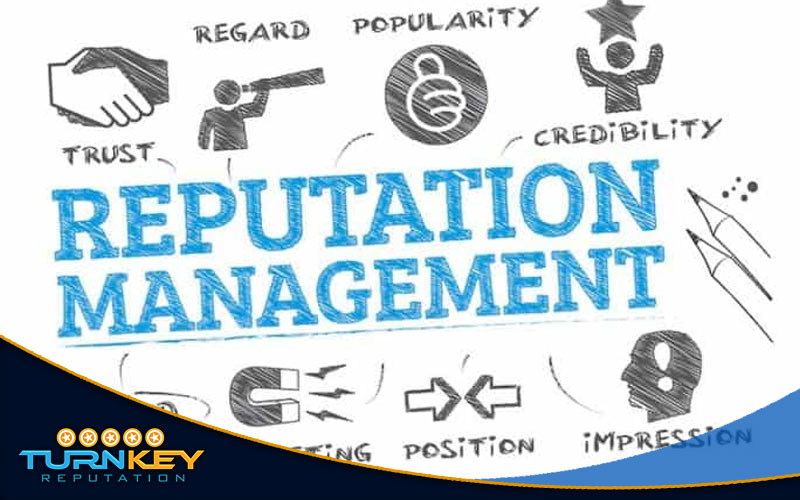The concept of Accessory Dwelling Units (ADUs) has gained significant traction in recent years, especially…

Understanding Reputation Marketing: Best Advice From Industry Leaders
Let’s pretend that you own a very popular shoe brand known worldwide: one of your shoe collections malfunctions during a basketball game, right on the feet of a famous basketball player. The malfunction ends up causing the player a leg injury, so your stock drops down, and you lose profit due to the issue.
This is where reputation marketing comes into play. In essence, reputation marketing is the promotion of positive brand content. These include elements like leaving reviews, social media comments, and other similar avenues.
There are also reputation management tools that you can use if you plan on handling it on your own. To understand how you can use reputation marketing to your advantage, read below.
Some General Advice
Neil Patel, a well-known figure in internet marketing, recommends that you always monitor your reviews and ratings. If you do, you can reply to the positive feedback, which in turn boosts your reputation even more.
Patel also adds that good online reputation management is not only about reacting well to what people say about your brand or the products and services your business offers—but also whether to react at all. If so, it’s a matter of when you need to respond. Keep in mind that there are times where a reaction is not necessary, but sometimes a reaction that is late can do more harm than good.
A good approach in the matter would be monitoring your public reputation on a regular basis, instead of doing so only when you’re dealing with a specific catastrophe.
The Deal with Social Media
Not long ago, companies were given a choice—to their brand on social media or not? These days, however, you won’t find a brand that isn’t on social media, as being on social media can make or break your business.
Ryan Erskine of BrandYourself says that social media tactics should not be an afterthought because your social media profiles are like the windows into your company’s operations. Mark Traphagen of Perficient Digital, on the other hand, says that social media content that associates your brand with your customers’ positive emotions goes a long way to cementing positive sentiments related to your brand.
Simply put, creating positive sentiments and emotions builds your brand’s positive reputation.
Managing Bad Reviews
Unfortunately, good reviews come with bad reviews. It’s vitally important to learn how to handle them well because failure to do so ruins the positive perception of your brand.
Mary Bowling of Ignitor Digital says that it’s best to listen and correct a problem experienced by the customer rather than issuing an apology. Fixing a problem should also be done at the source so that it won’t happen again.
On a related note, Vala Afshar of Salesforce put his advice into an impactful tweet:
“You can spend a lifetime to build a good reputation and then ruin your efforts with less than 280 characters.”
As a business owner, you should be mindful of what you share. Do not respond to negativity with negativity. Above all, always choose to be kind over clever.
Conclusion
Reputation marketing seems hard, but it doesn’t have to be. All you have to do is to establish and maintain a positive rapport with customers through direct and clear communication. As for bad feedback, it’s essential to stay in line and to remedy the errors and problems your customers experienced. This way, your brand can also establish itself with a good and lasting positive reputation.
Reputation marketing is a concept all brands need. If you need help with your brand, TurnKey Reputation is happy to assist! Our marketing professionals use various reputation management tools to help build your brand’s positive identity. Contact us now and see how we can help!




